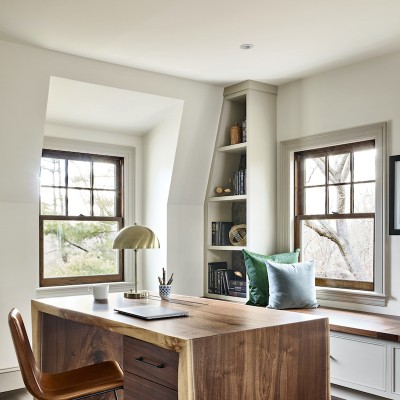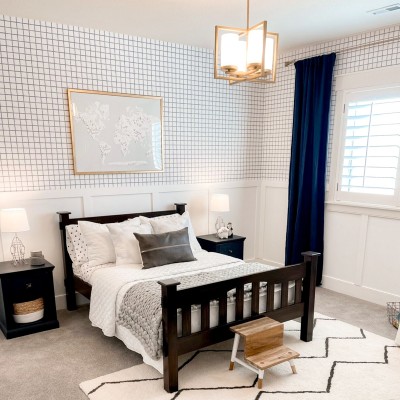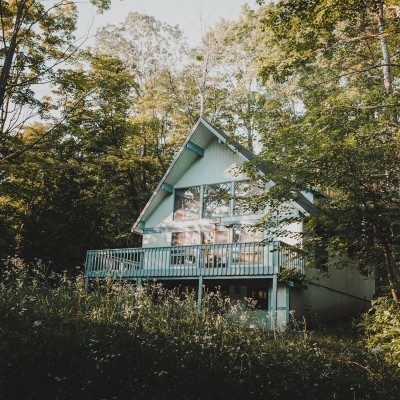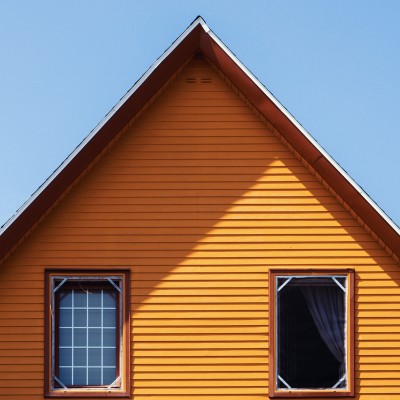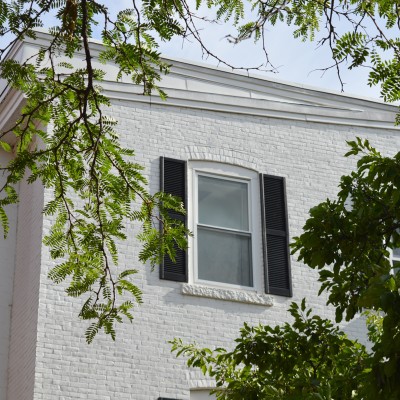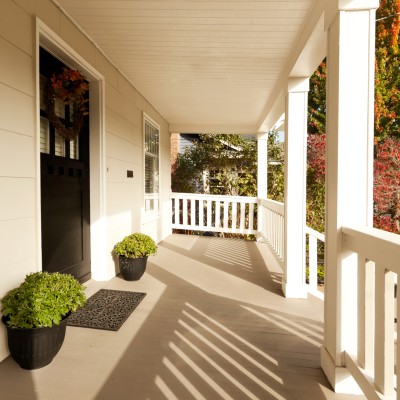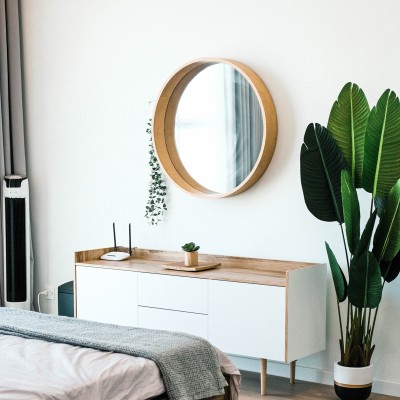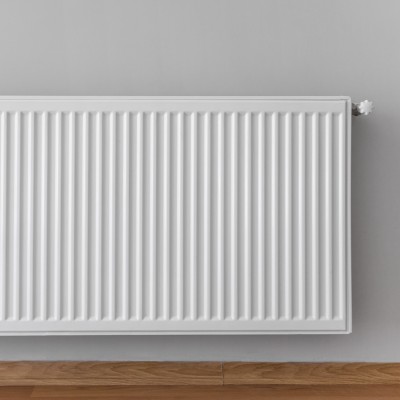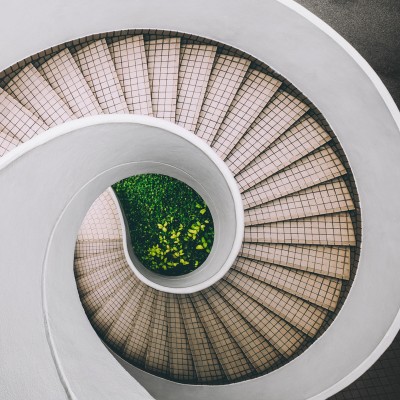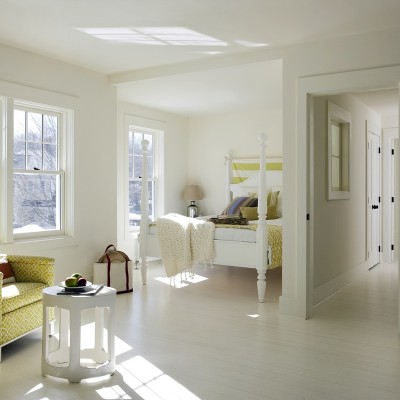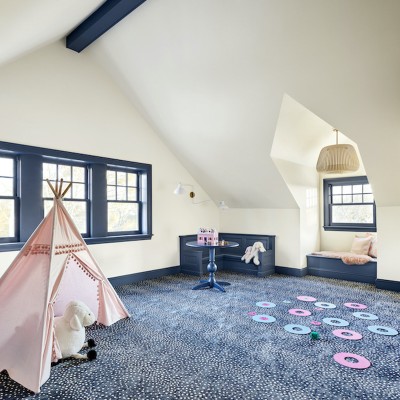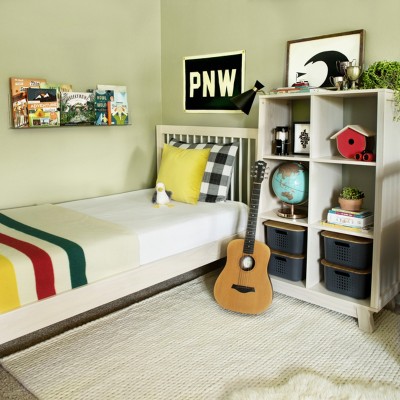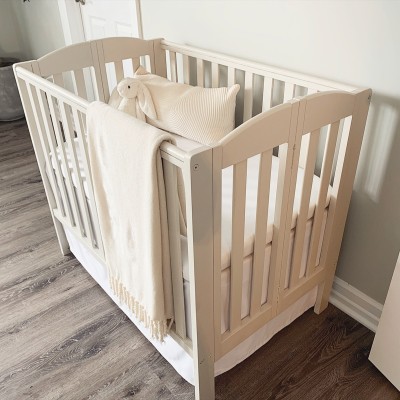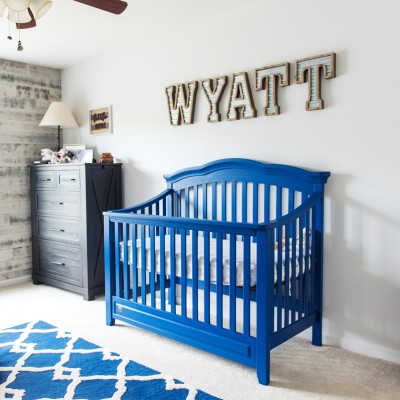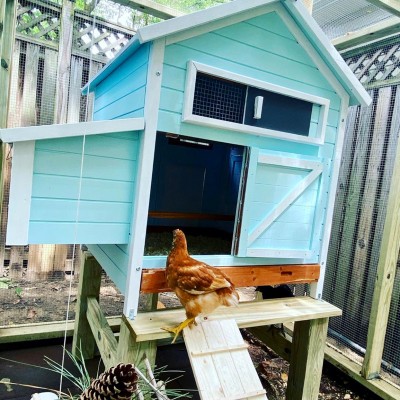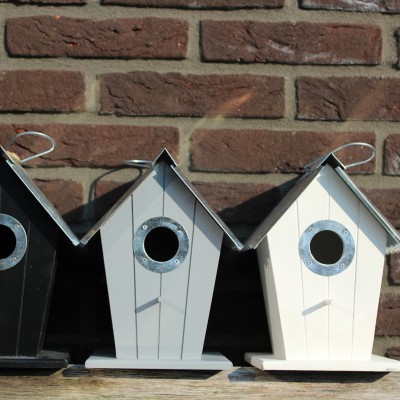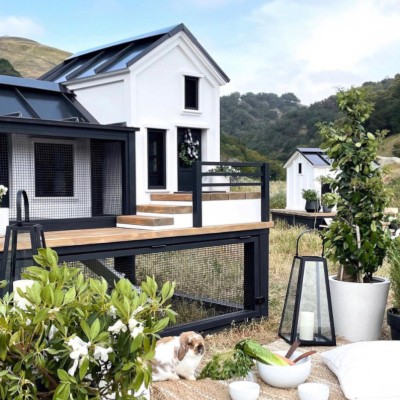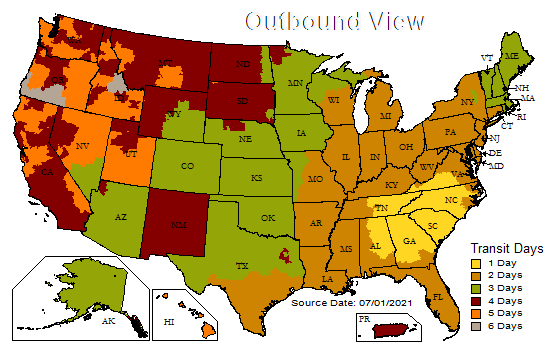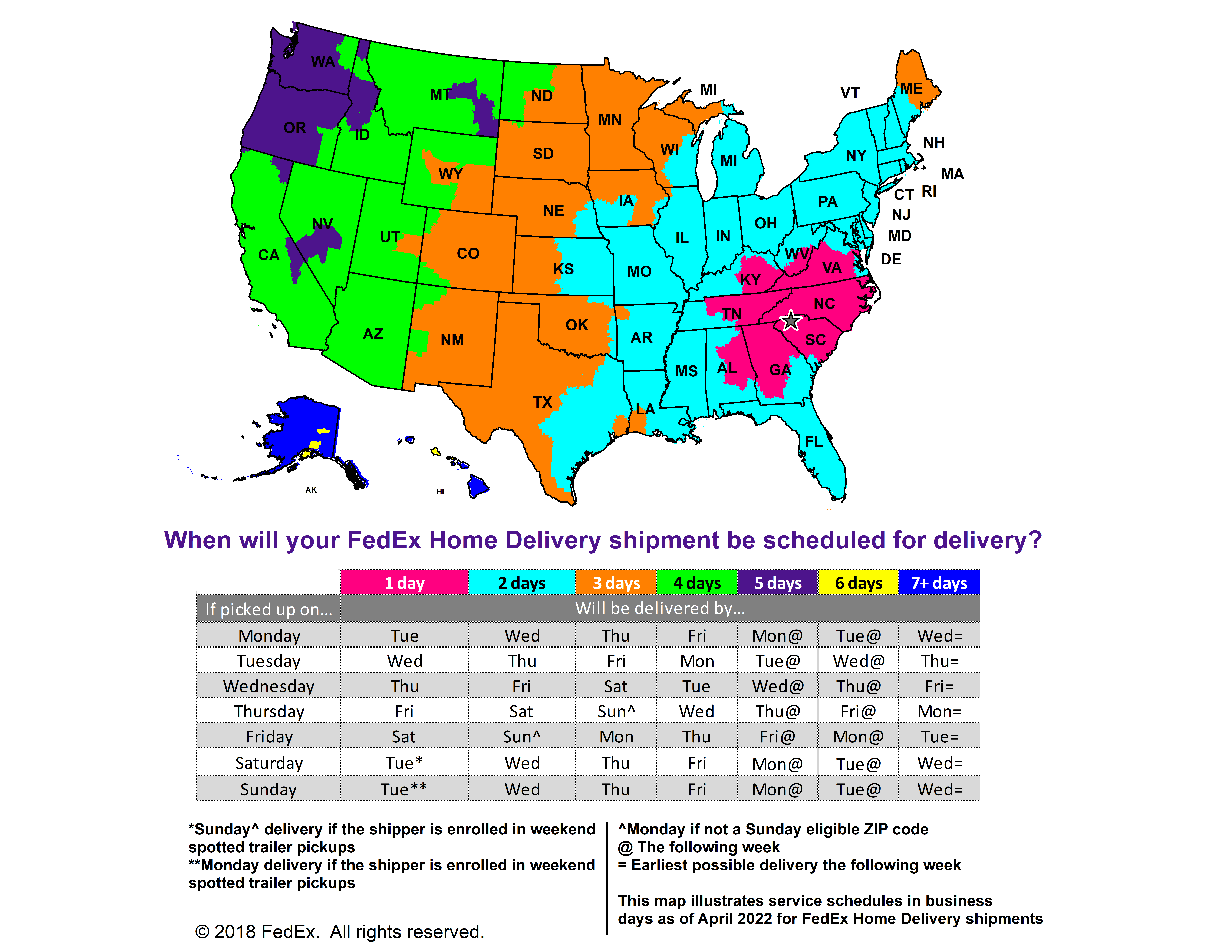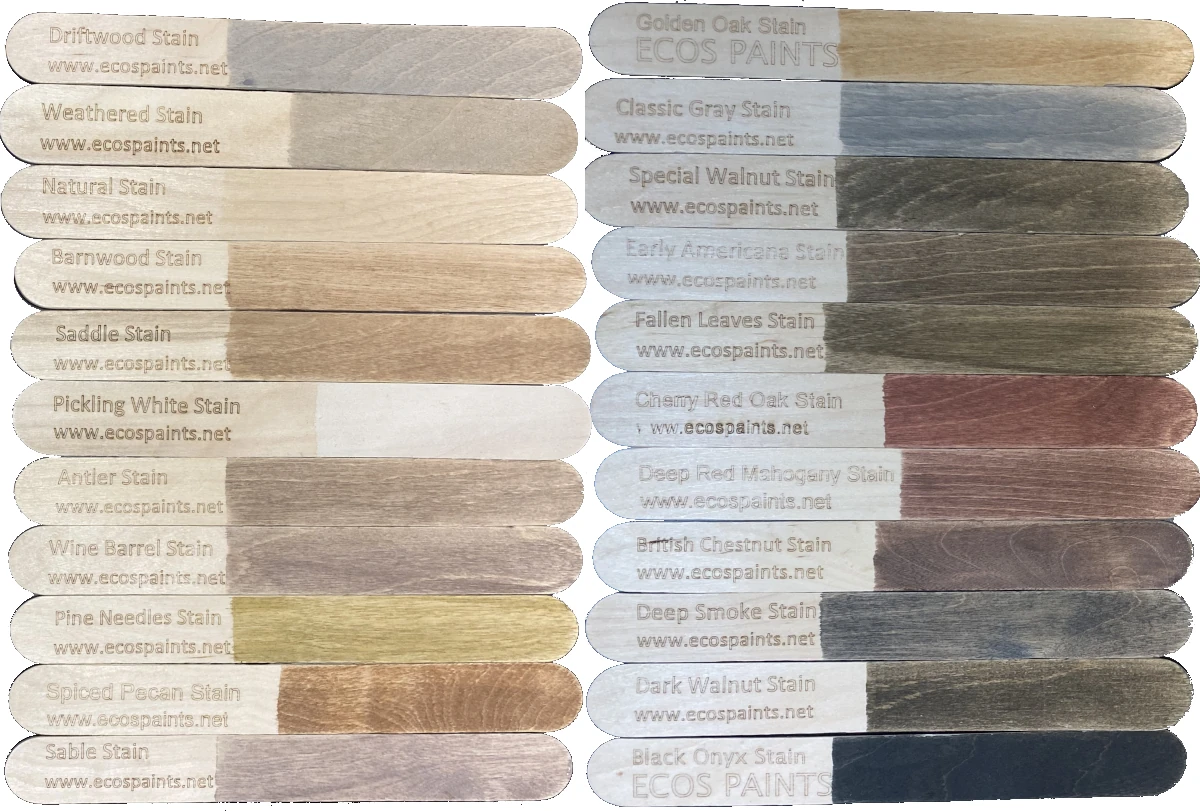Maybe you're looking for an eco-friendly home because you strive for sustainability or maybe you want something energy-efficient to save on utility bills – or maybe both. Regardless of the reason, you're navigating a realty market that's not typically accustomed to sharing details about how a home might be better for the environment or hyper-efficient when it comes to energy and water use. So, how do you make sure you get what you're looking for? Here are 5 essential questions to ask before buying a green home.
How old are the systems or eco-features in the home? Believe it or not, some “eco” products, high efficiency
systems, or building techniques that were considered very efficient or high tech ten, fifteen or twenty years ago could be less efficient than “normal” products or required local building codes of today. Many companies have increased the efficiency of their products so much so that a home built many years ago with “green features” could be similarly efficient to a newly built home to today’s codes and newer systems and appliances. For example
toilets have become so water efficient at 1.28 gpf
that a water saving “eco” toilet from a few years back may have the same water efficiency as most “regular” toilets sold today. Of course
there are always the exceptions with some products that are more efficient still. Composting toilets, for example, are by far more water saving than anything else out there. Make sure that your soon-to-be eco-home’s
products and systems are in fact actually still as “eco” as they once were considered.
Are there any tax incentives? This will apply mainly to newly built homes where the tax credit is applied upon installation of certain energy efficient or alternative energy products. Energy.gov currently has a Residential Renewable Energy Tax Credit that is accessible to current homeowners or buyers of new homes, where one of the energy efficient products or systems have been installed. The good news, however, is that even if you don’t apply for a tax credit right away, if you install “eco” products and systems once you own the property, there are many options out there for tax credits and rebates. Here are some examplesof
potential tax incentives and rebates.
Do any of the eco-features need special care or maintenance? Eco homes may have features and systems you are not familiar with that often require different care than regular systems. For example, if there is a rain water
collection system you may want to ask, “How do you maintain it and how often should it be cleaned?” With solar panels, knowing the dos and don’ts
of cleaning them and whether inspections or other
maintenance is required to help uphold their efficiency. Your agent or home inspector can help answer these questions for you or direct you to professionals who can.
Ask questions, then ask more questions and then even more specific questions.
If there’s any one
sweeping statement that can be made about the green building industry, it’s that the truth is in the details.
To the naked, untrained eye, it can be tricky to discern the green from the “greenwash,” which is disinformation presented to fake an environmentally responsible public image. The best way to avoid getting duped is to ask about every single detail you can think of, even if you don’t know much about green building.
Do as much research as you can about each site you seriously consider. Ask the occupants for previous utility bills; ask the Realtor for official environmental certifications; ask the builder about the detailing; ask the architect about environmental goals in the design; ask the neighbors about the setting and climate.
Once the information starts flooding in, you can assemble a sustainability portfolio for each site you are considering. By the end of your search, you’ll be able to make a more informed decision based on energy ratings, environmental certifications, scientific observations and first-hand experiences.
Does the home or apartment building have any sort of energy efficiency documentation?
Here’s where it may get tricky. There’s a lot going on behind walls and under slabs that you may not immediately see, such as these rainwater cisterns tied into an irrigation system for a Seattle home.
Certifications and other kinds of documentation about a house can be one way to get reliable information about what’s going on.
These days, there are a lotof
energy efficiency certifications floating around, some of them more reliable than others. They range from entire building energy simulations to kitchen appliance ratings.
As a place to start, I would ask about any local, regional or state energy certifications to see if the home you are looking at claims any specific advantage over average homes on the market.
Then, of course, you’ll need to vet that certification scheme to make sure it actually has some substance to it.
You can do this by asking a green building professional for a mini-consultation to evaluate the information you’ve been given. Or you can get your hands dirty and investigate yourself.
There are also many third party
voluntary certification schemes such as LEED and Passive House (the two that I work with most often), which require extensive documentation in order to receive a certification. Once you ask for copies of that paperwork, you can learn a lot more about the strengths and weaknesses of the building.
Are there other questions you'd ask? Share them in the comments below to help inform other green house hunters!

